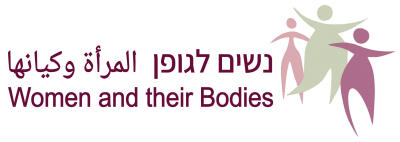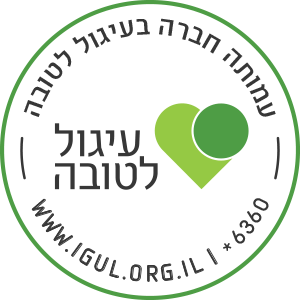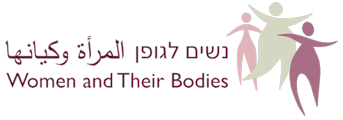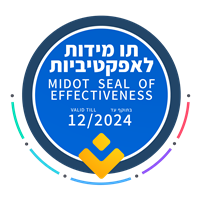Prevention of gender-based violence against girls and women
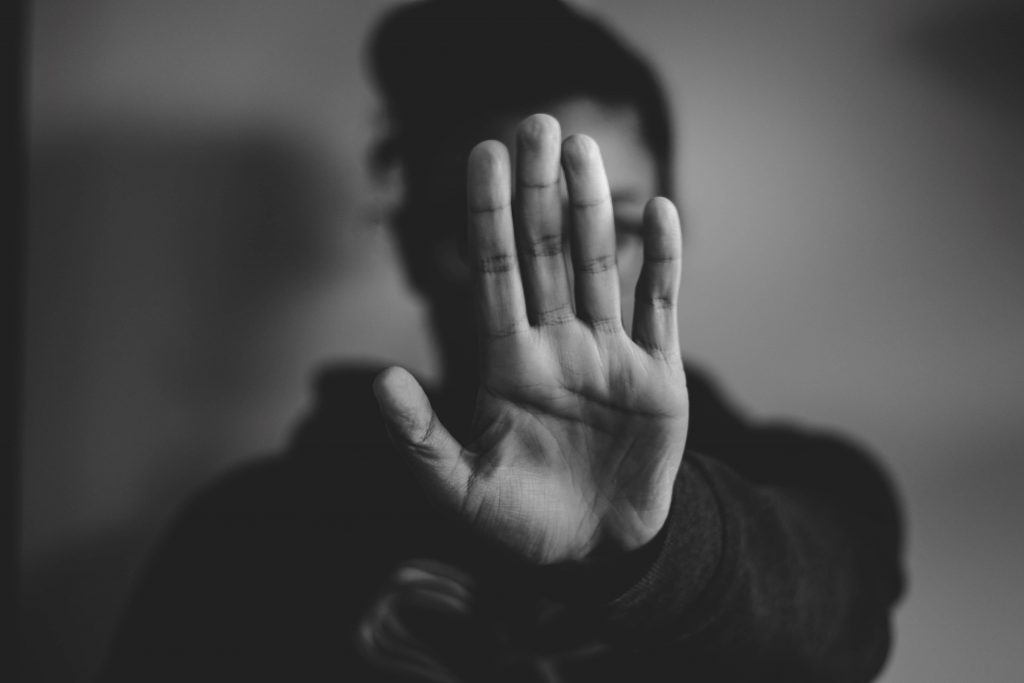
As an organization which has been operating in the field of girls and women’s health and well-being for two decades, we believe it is necessary to invest in education focused on the prevention of violence against girls and women. Our work in this area aims to raise the awareness of at-risk girls, adolescents, and women about aspects of violent relationships, how to identify the potential for violence, and how to avoid relationships that may be harmful or dangerous.

The need
Gender-based violence, already prevalent in alarming numbers, became even more severe in the wake of the Coronavirus pandemic due to quarantine, isolation and increasing situations of distress and stress. During many months of lockdowns, girls and women became trapped in their homes, thereby making it more difficult to escape violent domestic circumstances or interacting with others outside of their home to get help. Disturbing data demonstrates the rise in gender-based violence during these lockdowns, but fails to segment teenagers and twenty-somethings. Most information about violence is collected from married women. Because girls and young women are not viewed separately in data collection, they do not receive the targeted help they need to manage difficult, often life-threatening, circumstances, or to get treatment and support. Our work in the field with at-risk girls and young women has revealed that a significant percentage of girls and young women have violent marital relationships that include emotional, physical, and sexual violence, as well as exploitation and re-victimization.
The project
Our gender-based violence prevention projects tackle gender-based violence against girls and young women using two components. The first component consists of delivering in-depth group processing workshops that promote growth and empowerment and enable mutual learning from peers in the group. We conduct these workshops according to a professional framework that cultivates self-worth, and the ability to grow and heal, even in situations of illness and injury. In the process of delivering these workshops, we identify participants who demonstrate special commitment and continuous involvement, in order to integrate them into the second component of our project, which consists of a social media campaign to reach far greater numbers of women and girls.
The online campaign
The online campaign will raise awareness on the issue of violence against girls and young women and may be accompanied by a downloadable kit of professional content to reach wider audiences. Among other tools, WTB deploys the “Ginially” platform, which delivers dynamic online content and uses social networks to distribute informational materials on topics including coping strategies, how to exercise legal rights, aid agencies and other resources, as well as training for professional teams. We will bolster our online campaign by integrating the participants we identified as especially committed in the workshop component of the project. We will develop these participants into ambassadors for change, and make them our partners in writing and creating content. By amplifying their voices and enabling them to reach their peer groups, we help them become positive influencers online thereby multiplying our impact.
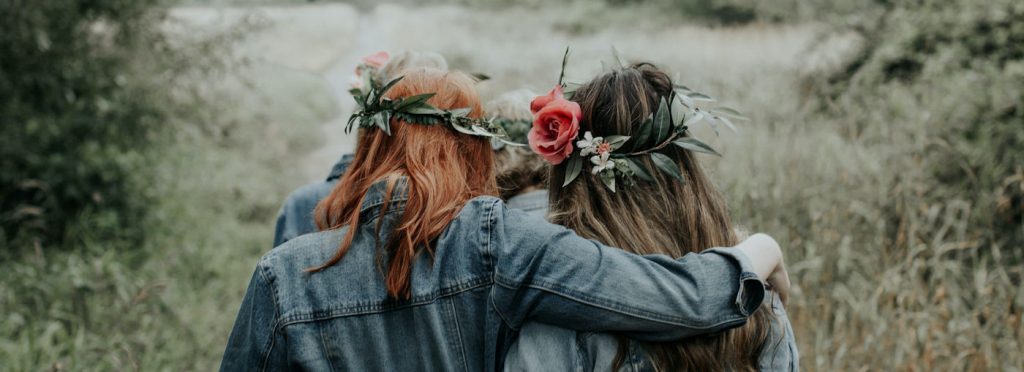
Project goals:
- Raising awareness among girls and young women on the warning signs of a violent and non-beneficial relationship.
- Having a conversation about what is right for me and what I am looking for in a partner, empowerment combined with understanding what is the best relationship for me, what is healthy and safe sexuality, positive communication patterns and conditions that allow me to develop and flourish as a person.
- Creating a space for a non-judgmental discourse on sexuality, health, relationships, empowerment, family, etc.
- Distribution of accessible and clear information through the creation of written content, as well as Facebook Live lectures given by experts in the field.
- Providing tools and materials to the various educational and therapeutic team members that meet girls and young women in various settings in the community, and creating change processes at the generational level through work with mothers.
